Towards the end of pregnancy, maybe during labor, you may have had a thought pop into your head:
“There is no way in the world that I’m going through this again!”
It’s true, pregnancy and childbirth are taxing. And for some, having one child completes their family — there’s no desire to revisit the topic.
For others, though, there comes a point when you start to think about expanding your family. Maybe it’s after the exhaustion of labor wears off. Maybe it’s 6 months down the road or even later. But you look at your sweet, snuggly baby and think, “Yeah, I’m ready.”
But what does that mean when you’re breastfeeding? Here’s a look at some common breastfeeding and fertility questions that we get asked every day at Nest Collaborative.
Your body is pretty amazing, and it’s pretty phenomenal at multitasking. So the short answer is, “Yes,” you can get pregnant while breastfeeding.
But it may be hard, at least in the first 6 months after giving birth or before your period returns.
This delayed fertility is due to something that’s known as lactational amenorrhea. Lactational amenorrhea is both a physical process and an effective form of birth control — often referred to as the lactational amenorrhea method (LAM) — for families hoping to avoid conceiving right after their baby is born.
LAM is a natural birth control method that pushes the pause button on your fertility.
How does it work? Your body undergoes some significant hormonal changes during breastfeeding. Your prolactin and oxytocin levels spike to boost milk production. At the same time, your estrogen and progesterone levels drop. The lack of estrogen and progesterone suppresses your reproductive system and keeps your uterus lining from growing and your ovaries from releasing eggs.
LAM works — when you’re exclusively breastfeeding, it can be 98-99.5% effective. There are some caveats to this high rate of efficacy, though:
Of course, no form of birth control prevents pregnancy 100% of the time — there is still a chance that you can get pregnant.
What’s more, LAM doesn’t guard against sexually transmitted diseases — to do that, you need to wear condoms or use another barrier method of birth control.
Curious about birth control and breastfeeding? We’ve got a chart that provides a useful comparison of your options.
LAM doesn’t work forever, though. For most parents, their period eventually comes back. But when?
The answer to that is totally individual — it depends on your body’s unique hormonal makeup, your breastfeeding relationship with your child, and your general level of fertility. That being said, most breastfeeding parents start getting their periods between 9-18 months after giving birth.
This timeframe can also be impacted by your baby’s sleeping habits (i.e., are they sleeping through the night?) and if they’re eating solids (or, more likely, how much they are eating). Both these factors impact how much breast milk your body is making, which in turn affects your reproductive hormones.
You’ve had your first period after giving birth, which is a sign that your hormones are shifting back to their pre-baby levels. However, that doesn’t necessarily mean that your fertility is back to its pre-baby levels as well.
A more helpful way to look at your fertility is whether your periods have returned to their typical schedule. Once you have regular periods, then you’re usually back to full fertility.
A caveat to that is this: Your fertility and ovulation cycle changes throughout your life. If you are concerned about your menstrual cycles or fertility, talk to your healthcare provider about your worries.
Yes! While breastfeeding may keep pregnancy at bay for a time, it doesn’t mean you have to stop breastfeeding to get pregnant again. Nor does it mean that you have to wean if you get pregnant.
Note: Mothers with high-risk pregnancies, are at risk for preterm labor, are carrying multiples, or have been put on pelvic rest are often advised to wean their breastfeeding baby. Is this actually necessary?
The concern is that breastfeeding in these pregnancies may induce premature labor. Research shows that while the oxytocin released during breastfeeding may help labor contractions progress, the amounts aren’t typically enough to cause your cervix to dilate if it isn’t already dilated.
If you’re concerned about a high-risk pregnancy and breastfeeding, chat with an IBCLC along with a breastfeeding-friendly caregiver.
Dealing with fertility issues is difficult. End stop! Going through fertility treatments brings up lots of challenging emotions to deal with: fear, anger, anxiety, stress, jealousy, sadness, frustration, and more. Those feelings don’t necessarily go away after having a baby, either, although they do fade with time.
For many parents who deal with infertility, breastfeeding can feel like a healing, normalizing experience. That being said, if a family is wanting to have more children, the decision to wean or continue breastfeeding isn’t easy.
Most fertility clinics recommend that their patients wean before resuming treatments. However, the general safety of fertility treatments while breastfeeding is under-researched. Some medications are safe, others are safe but may decrease your milk supply, and others aren’t safe. What’s more, there are numerous causes of infertility, so it’s hard to make a blanket recommendation that is true for all hopeful parents.
We encourage you to discuss your potential fertility treatments with an IBCLC to learn more about your options.
We’re here to answer your questions and help you find solutions. Book a convenient online video appointment with a Nest Collaborative IBCLC today.
